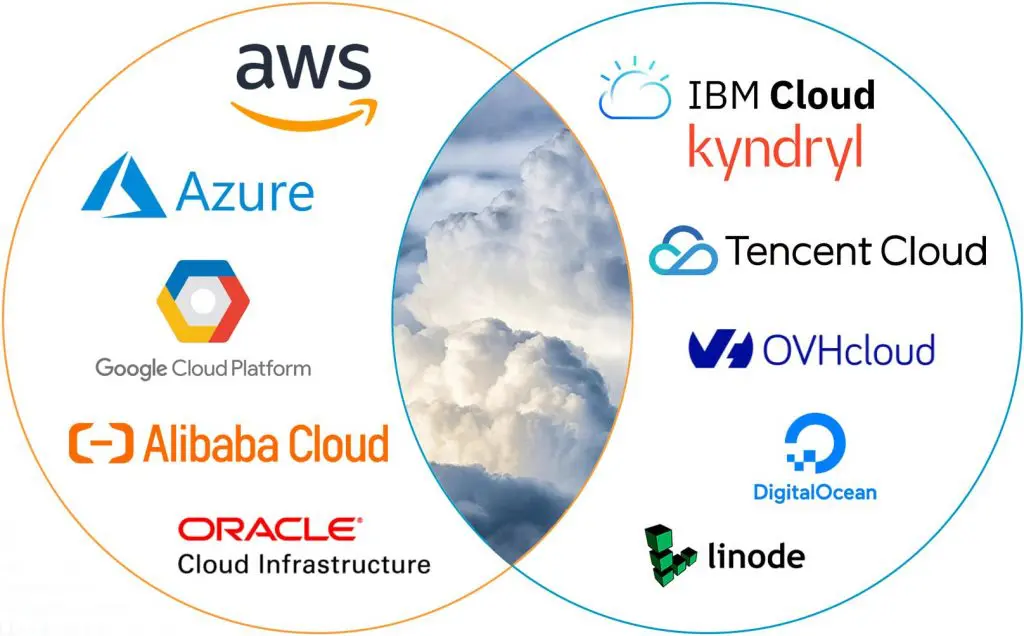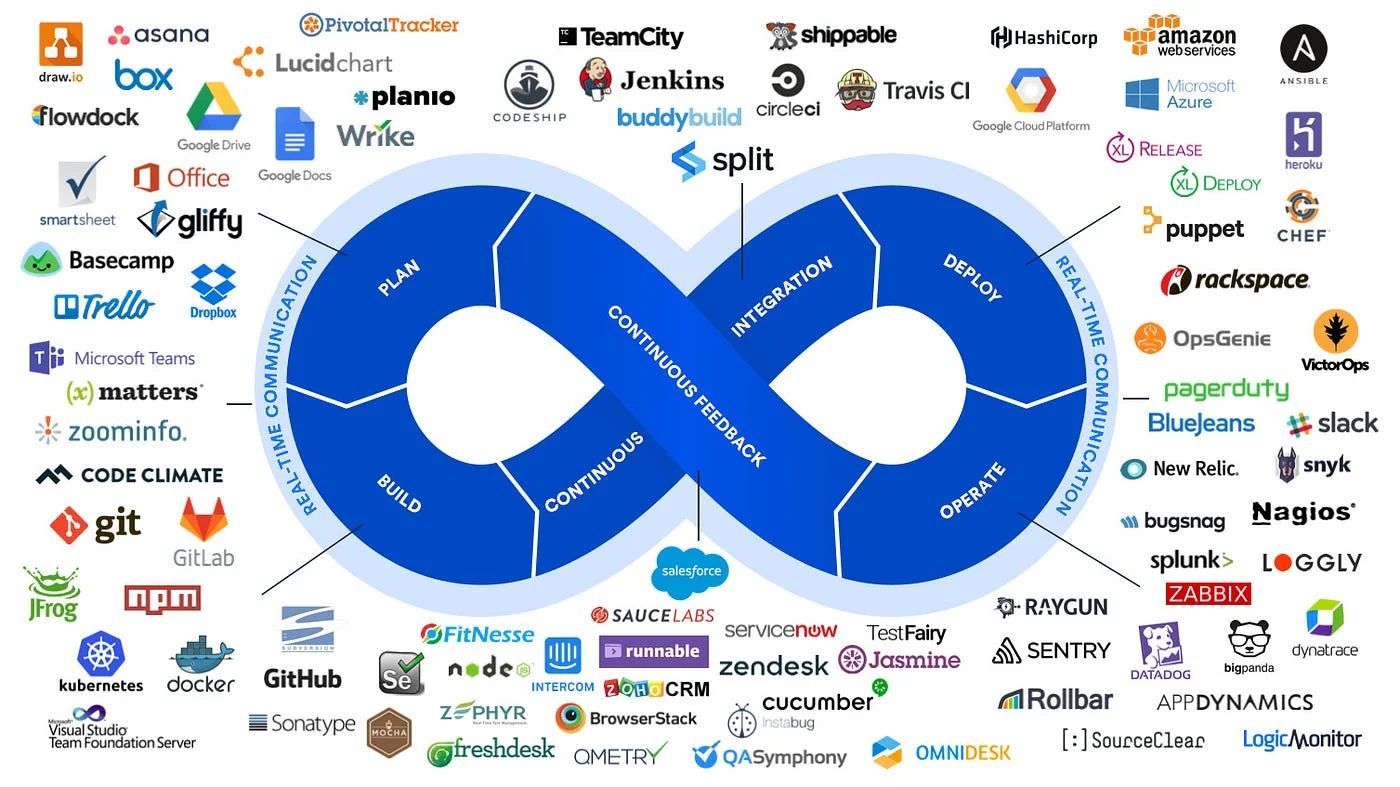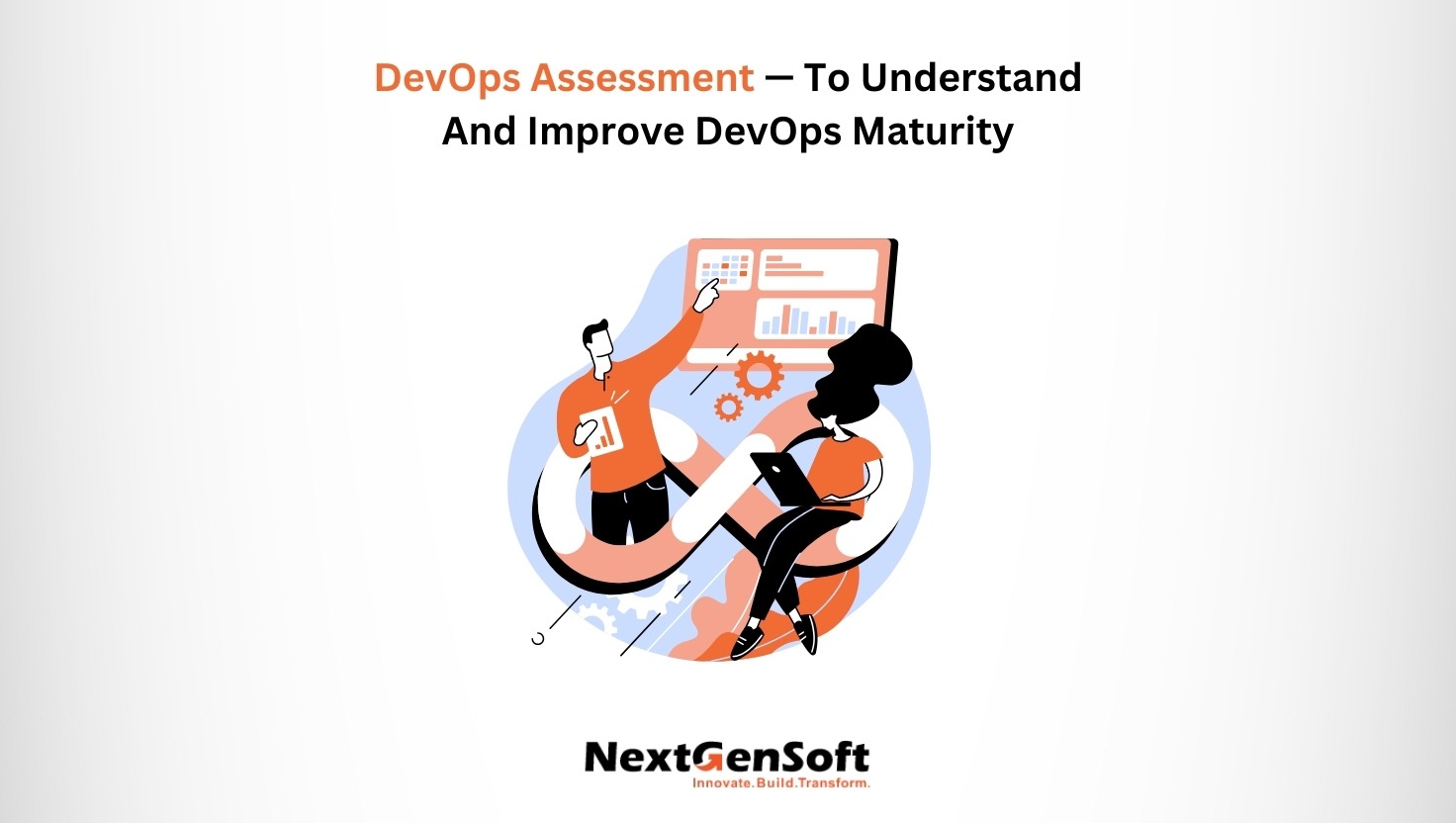

Dealing with the new digital wave, organizations are progressively moving towards cloud-based solutions for flexibility, scalability, and operational efficiency. Cloud computing allows firms to store data, run applications, and use IT resources online.
Let’s consider another aspect; choosing a suitable CSP (Cloud Service Provider) can be a tedious and demanding job with so many choices. Before arriving at a decision, businesses need to evaluate various aspects, from pricing and security to performance and compliance.
This guide examines critical factors to consider when selecting the proper cloud service provider for your business to ensure the cloud is utilized properly and securely.
Assess Your Business Needs
Explicitly list out your organization’s needs before exploring cloud service providers. Are you buying IaaS, PaaS, or SaaS? What do you know about your workloads, performance requirements, storage needs, and compliance responsibilities?
- Data storage and backup
- Application hosting
- Compute power
- DevOps tools and automation
- Business continuity planning
- Scalability and growth plans
Knowing your operational requirements in detail ensures you make the right decision in matching those with the cloud services and provider.
Security and Data Protection
Cloud data security is one of the topmost concerns for businesses moving to the cloud. Select a provider that offers:
- Data encryption at rest and in transit (end-to-end)
- MFA (Multi-factor authentication)
- Role-Based Access Controls (RBAC)
- Intrusion detection and prevention systems
- Periodic security assessments and external reviews
Check for adherence to security certifications such as ISO 27001, SOC 2, and NIST frameworks. A provider’s capacity to protect data has a direct impact on your brand trust and regulatory compliance.
Compliance and Legal Obligations
Depending on your industry and geographic location, your cloud service provider may need to be compliant with particular data regulations, including:
- GDPR (for EU customers)
- HIPAA (healthcare in the U.S.)
- CCPA (for residents of California)
- PCI DSS (for payment processing)
Ask the CSP for documentation on how they handle data residency, retention, and secure deletion. A compliant provider should provide adequate audit logs, legal assurances, and tools to support your regulatory responsibilities.
Performance and Reliability
Downtime could be disastrous for business operations. Look for a cloud provider that offers:
- Uptime SLA guarantees of 99.9% or higher
- Data centers around the world for low latency
- Support for load balancing and failover
- Performance monitoring tools
Check measurements such as network throughput, I/O speeds, and response times. A reliable CSP should have a proven track record of stability, especially for mission-critical applications.
Scalability and Flexibility
Business needs change—your cloud infrastructure should adapt accordingly. Choose a cloud service provider that offers:
- Vertical scalability (adding resources to existing machines)
- Horizontal scaling (adding more machines to handle load)
- Pay-as-you-go pricing models
- Hybrid or multi-cloud environments
It must be a cloud solution that scales with you as you scale, whether during peak seasons or global expansion.
Pricing and Cost Transparency
When comparing CSPs, knowing the total cost of ownership (TCO) is key. Evaluate:
- Pay-as-you-use vs. subscription-based pricing
- Data transfer charges and bandwidth costs
- Licensing and hidden fees
- Discounts for longer-term (reserved instances)
Choose a vendor that provides detailed billing and budgeting tools for cost control. Most providers offer cost calculators to estimate monthly bills.
Support and Service Level Agreements (SLAs)
Problems can pop up anytime — it’s important to have responsive customer support. When assessing providers, consider:
- 24/7 availability (chat, phone, email)
- Tiered support options
- Technical account managers or dedicated reps
- SLAs with response and resolution timelines
An SLA defines the provider’s commitment to uptime, availability, and quality of support, which helps provide peace of mind.
Integration and Compatibility
Your new cloud platform should easily integrate with your current systems and applications. Consider:
- APIs and SDKs for custom development
- Support of major programming languages (Python, Java, .NET, etc.)
- Pre-built integrations with apps like Salesforce, Slack, or Microsoft 365
- Compatibility with tools like Jenkins, Terraform, Kubernetes
Seamless integration speeds up migration and enhances your team’s productivity.
Vendor Lock-In and Exit Strategy
Avoiding vendor lock-in is crucial. Ensure the provider supports:
- Data export tools and formats
- Open-source compatibility
- Documentation and migration help
- Minimal penalties or delays for switching providers
A flexible CSP should support portability and interoperability with diverse platforms.
Disaster Recovery and Business Continuity
Ensure your provider has strong disaster recovery capabilities:
- Automatic data backups
- Geographic redundancy
- DRaaS (Disaster Recovery as a Service)
- Defined RTO and RPO metrics
Reliable DR support ensures uptime and quick restoration during outages or disasters.
Ecosystem and Community Support
A strong cloud ecosystem and community can enhance your experience. Look for:
- Certified partners and consultants
- Marketplace with templates, VMs, AI models
- Live documentation, community forums, and tutorials
Vibrant communities (like AWS or Azure) offer extended value through third-party tools and integrations.
User Reviews and Market Reputation
Investigate the provider’s reputation by:
- Checking third-party review platforms (e.g., G2, Gartner, TrustRadius)
- Reading customer success stories
- Asking for industry-specific references
Look for red flags such as frequent outages or poor migration experiences.
Managed Services and Customization
Many businesses prefer managed services to ease their IT burden. Look for:
- Pre-configured environments
- Managed security, patching, and compliance
- Support for databases and analytics
- AI and machine learning offerings
Managed services allow your team to focus more on business goals and less on infrastructure.
Geographic Coverage & Number of Data Centers
Geographic reach is essential for global businesses. A vendor with regional data centers can offer:
- Low latency for international users
- Data residency compliance
- Regional failover support
Check for availability zones in the regions where you operate.
Innovation and Future-Proofing
Choose a provider that continuously innovates. Look for:
- Access to new technologies (AI, IoT, quantum computing)
- Frequent product and feature updates
- Integrations with modern tools (GitHub, GitLab, Docker)
- Industry-specific solutions (e.g., for fintech, healthcare)
Staying ahead in innovation ensures your business remains competitive and agile.
Conclusion
Selecting the best cloud service provider is a strategic decision that can define your organization’s future. Navigating providers requires vetting for security, scalability, compliance, cost, support, and integration — and the choices are vast.
Allow time to align your business goals with the capabilities of each provider. From infrastructure migration to scaling workloads and launching cloud-native applications, choosing the right setup is vital for seamless operations and long-term growth.
Ready to Make a Smart Cloud Move?
With NextGenSoft, assess, plan, and implement secure cloud strategies specific to your business. Our specialists manage the full process, ensuring seamless migration, cost-efficiency, and optimal performance.
Connect with NextGenSoft today to select the right cloud provider and future-proof your operations!



